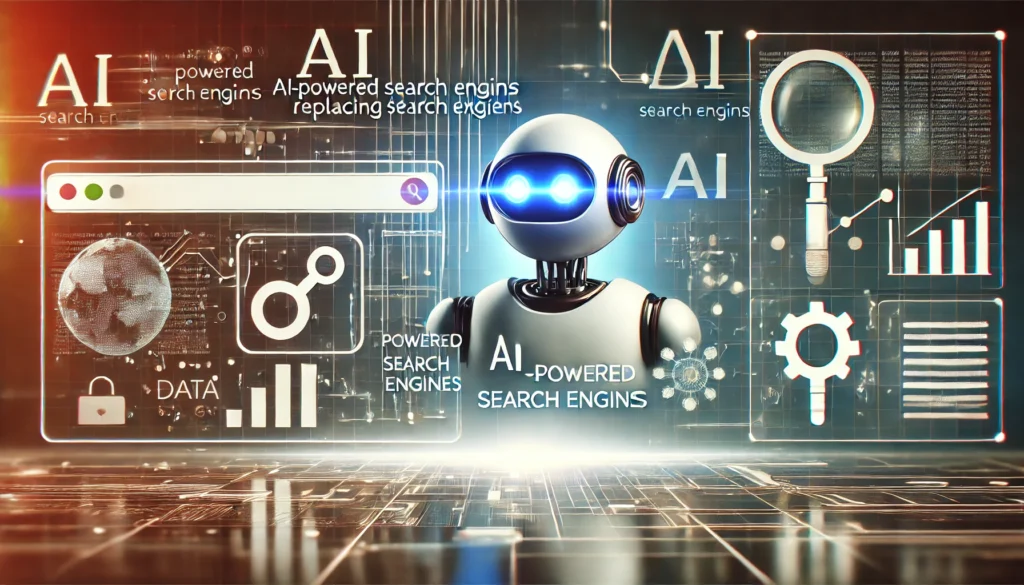The way we search for information is changing rapidly. While traditional search engines like Google have dominated for decades, new AI-supported systems like ChatGPT, Bard or Bing Chat are setting new standards in information retrieval. The question arises: Are these AI tools the end of traditional search engines?
Practical use and differences
Compared to traditional Google search, AI-based tools do not just provide a list of links, but create a direct answer tailored to the query. Users often receive compact summaries or even decision-making aids without having to browse through the pages individually. Google, on the other hand, has so far stuck to its classic link-based format, which in some cases requires more time and more precise selection.
AI tools offer greater interactivity and contextual understanding, which is particularly valuable for complex topics that require explanation. At the same time, however, they reach their limits when it comes to current information, as many AI models rely on already stored data and are not always updated in real time.
market changes and usage aspects
The integration of AI-powered tools is already significantly transforming the search market. Google itself is planning greater AI integration with "Google Search Generative Experience," demonstrating that even the "traditional" search engines are responding to this development. Industries such as healthcare, law, and technology, which require quick and specific answers, particularly benefit from AI searches.
Companies are increasingly using AI tools for internal knowledge networking and even customer advice to answer repetitive questions automatically and contextually. This development could also motivate other platforms such as Yahoo and Bing to invest further in AI-based research and development.
risks and disadvantages
Despite many advantages, AI tools also carry risks. The answers are often based on training with limited or biased data sets, which can provide inaccurate or even incorrect information. In addition, transparency remains a challenge: users often do not know which sources AI answers are based on. Classic search engines offer a comprehensible structure with their link lists and enable the user to evaluate the sources directly.
Another point of criticism concerns data protection. AI tools often store user data to optimize the system, which raises questions when it comes to sensitive search queries. Classic search engines are subject to strict data protection requirements and give users more control over their data.
Future forecast: Dominant tools in 2030
In five years, the search market could be split in two: AI tools that provide quick, contextual answers could serve as the "first point of contact" for many users, while traditional search engines are used for specific, verifiable information. Google will likely continue to play a central role, but in a hybrid form—that is, a combination of link-based results and AI answers. New providers could enter the market, but the barriers to entry are high, as development and training costs are enormous. While the traditional search engine in its current form may not disappear completely by 2030, it will have to change. Companies that offer flexibility and real-time research capabilities are likely to prevail in the long run. The trend therefore points to a coexistence in which traditional and AI-powered approaches complement each other's strengths.

